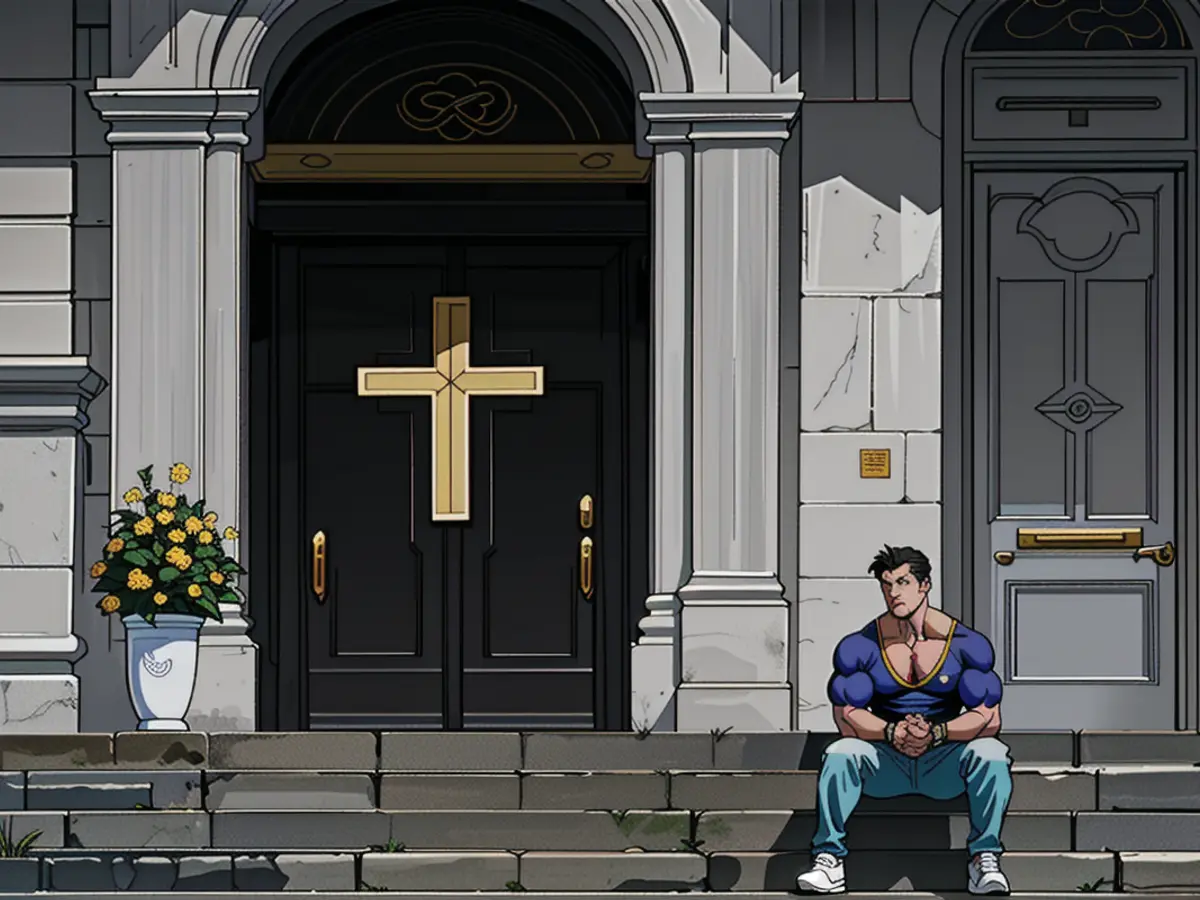Official Chinese reactions to the Pope's demise remain subdued, reflecting the contentious stance between Beijing and the Vatican.
In the Wake of Pope Francis's Death, China's Response Stirs Debates
Worldwide condolences flooded in following Pope Francis's passing, but China's reaction was subdued, coming days after the Vatican's announcement. Known for its officially atheist state and estranged relations with the Vatican, China's delicate ties with the Holy See render this minimalist response unsurprising.
Pope Francis: A Bridge Between Vatican and China's Communist Party
Francis had steered the Vatican closer to China than any of his preceding popes, though his demise leaves the future of stabilizing the relationship uncertain. His efforts to bridge the gap between the Communist Party leadership and the Vatican is a legacy that remains debated.
China's Terser-Than-Usual Tribute
Chinese state-controlled media reported the passing with brevity, and the government's condolences were extended almost a day after the Vatican announced the news. However, Guo Jiakun, Foreign Ministry spokesperson, expressed his hope for ongoing improvement of China-Vatican relations.
Catholicism in China: A Quest for Balance
The deep-rooted dispute between China's atheist government and the Vatican over the appointment of Catholic bishops continues to persist. The recent church-state accord, while aiming to bring unity, has been met with polarized opinion. Critics question the church’s alliance with China’s Communist regime while others see it as pragmatic.
Understanding China's religious landscape, the agreement between the Vatican and China's Communist Party seeks to normalize bishop appointments. Since its inception in 2018, the Provisional Agreement on the Appointment of Bishops has facilitated ten bishop appointments with minimal Vatican objection[2][4].
A significant outcome of the agreement includes the reacceptance of eight bishops from the Patriotic Catholic Church into the Holy See. This move offers hope for resolving tensions between the Vatican and China[2][3]. However, the deal remains controversial, prompting criticism from traditional Catholics and human rights advocates who believe the agreement serves to legitimize China's Communist regime[2][5].
Future of Catholicism in China: Uncertainty Ahead
As the agreement is renewed every few years, speculation regarding the Vatican's possible future diplomatic shift toward recognizing China's sovereignty over Taiwan remains a looming question. Given the Vatican's intention to establish a permanent office in China, this poses an uncertainty for Taiwan's Catholics[1].
Meanwhile, China continues its tight grip on religion, allowing worship at state-controlled churches only. The approximate 10 million Chinese Catholics find themselves wedged between the state-sanctioned church and the underground congregations loyal to Rome[1].
Ideas for Further Integration- Explore the historical context of strained Vatican-China relations, highlighting significant events that have impacted the ties between the two entities.- Discuss the impact of the Vatican-China deal on the international religious landscape and existing diplomatic relations.- Analyze the opinions of key religious leaders and human rights activists regarding the agreement and its broader implications.
- Amidst the general-news surrounding Pope Francis's death and the subsequent world responses, China's diplomatic tribute to the Vatican was nearly as politically reserved as could be expected from their historically-estranged relationship.
- The d7f7fb8b802328d7e34e557fd1fb6f03 agreement between China and the Vatican, aimed at normalizing bishop appointments, has sparked mixed reactions, particularly among Catholics in China who find themselves navigating between state-sanctioned churches and underground congregations loyal to Rome.
- As the world grapples with Pope Francis's passing and the uncertain future of Sino-Vatican relations, China's response serves as a reminder of the complexities and delicacies involved in the diplomatic relationship between China, a celebrated world power, and the Holy See.
- The passing of Pope Francis marks the end of a pontiff who, in his efforts to bridge the gap between the Vatican and China, has left a legacy that is ripe for debate, especially considering China's politically cautious response and the ongoing uncertainty in China's domestic Catholic landscape.







